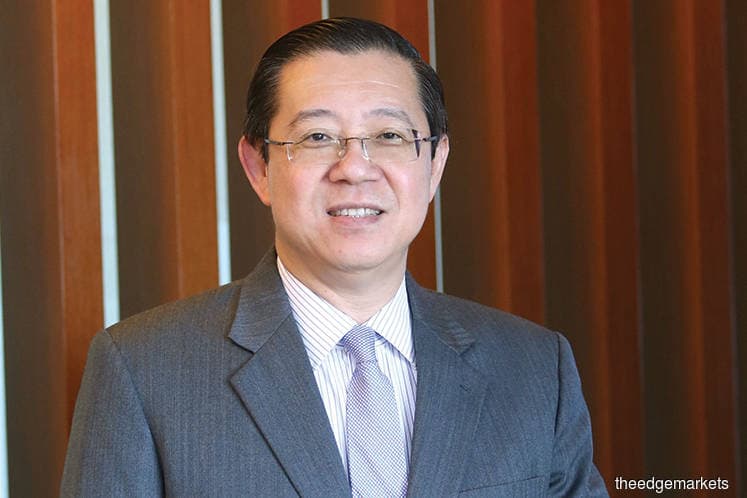
This article first appeared in The Edge Financial Daily on March 27, 2019
KUALA LUMPUR: Malaysia’s ¥200 billion (RM7.3 billion) 10-year Samurai bond would have an effective cost of “nearly 4%” if taking into account the cost involved in cross-currency swap, said Finance Minister Lim Guan Eng.
Still, the rate is lower than previous bond issuances during the previous Barisan Nasional administration, he said, citing the 1Malaysia Development Bhd (1MDB) bonds issued by Goldman Sachs in 2012.
“I agree that we have to calculate the cost of the bonds after currency swap, which is almost similar to MGS (Malaysian Government Securities) [at nearly] 4%,” said Lim in the Dewan Rakyat.
“In comparison, Goldman Sachs issued [a 10-year] US$1.75 billion [for 1MDB] at a coupon rate of 5.99% and that is before currency swap. If after the swap, [it would be] nearly 10%,” he added.
He was referring to the US$1.75 billion bonds issued by 1MDB’s unit 1MDB Energy Ltd through an offering circular dated May 18, 2012, which have an interest rate of 5.99% per year and are redeemable in 2022. Goldman Sachs was the arranger and underwriter.
It was one of three bonds totalling US$6.5 billion issued by the investment bank on behalf of 1MDB, with total fees of US$600 million.
Guan Eng was responding to questions as to why the government did not issue ringgit-denominated MGS at a coupon rate of nearly 4%, considering the historically high fluctuation of the valuation of the yen.
The minister added that the government is confident that the ringgit, and not just the yen, can appreciate over the years. Also, the 10-year tenure provides room for the government to react towards market movements, such as currency rates.
However, Guan Eng did not underline the reason the MGS was not the preferred option to raise funds by the current government compared to the Samurai bond, considering the similar final annual costs.
According to Bank Negara Malaysia, conventional 10-year MGS ending August 2029 currently has a coupon rate of 3.885%, with trading yields between 3.78% and 3.8%.
Earlier, Datuk Seri Tajuddin Abdul Rahman (BN-Pasir Salak) raised the question on additional terms and conditions imposed on Malaysia by the Japanese government that resulted in the issuance of the Samurai bond, claiming that “while one hand gives, another takes”.
Tajuddin brought up the sale of 16% stake in IHH Healthcare Bhd by Khazanah Nasional Bhd to Japanese firm Mitsui Co & Ltd for RM8.42 billion, arguing that the asset was worth keeping.
To this, Guan Eng said: “From the offers made by Japan, [the offers and the rate] were reasonable.”
The 10-year Samurai bond was oversubscribed at 1.6 times or ¥324.7 billion over the ¥200 billion offered in February this year.
Excluding the cross-currency swap, the cost for the Samurai bond comprises a 0.53% coupon rate, together with a 0.1% guarantee fee to Japan Bank for International Cooperation, a Japanese government institution.